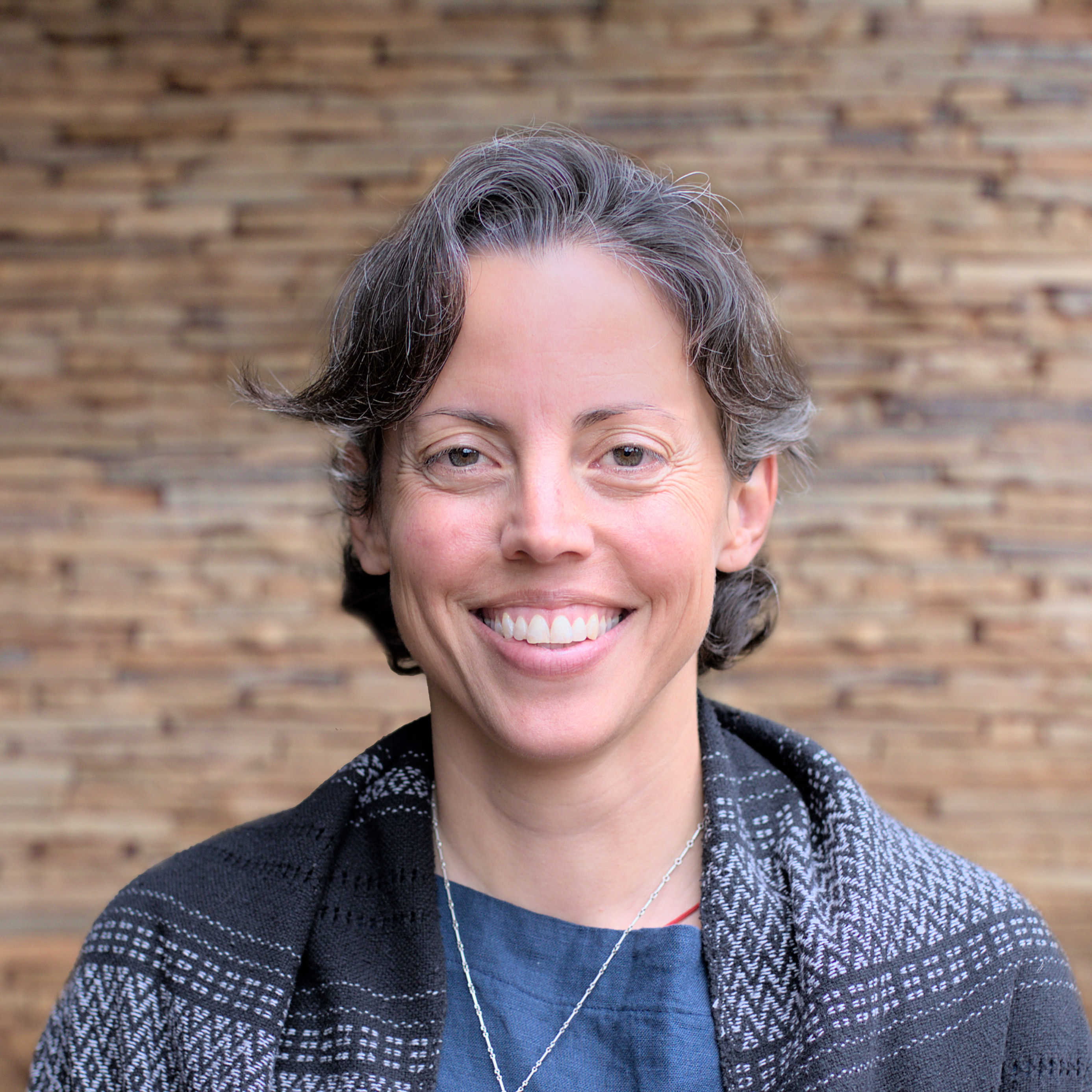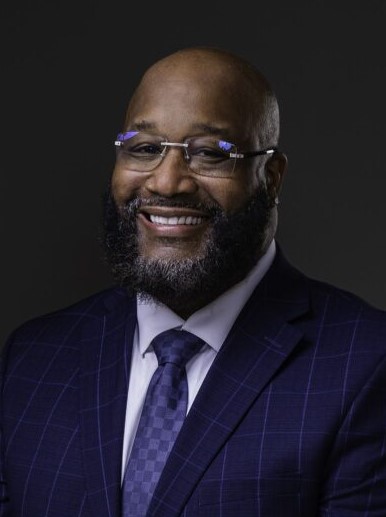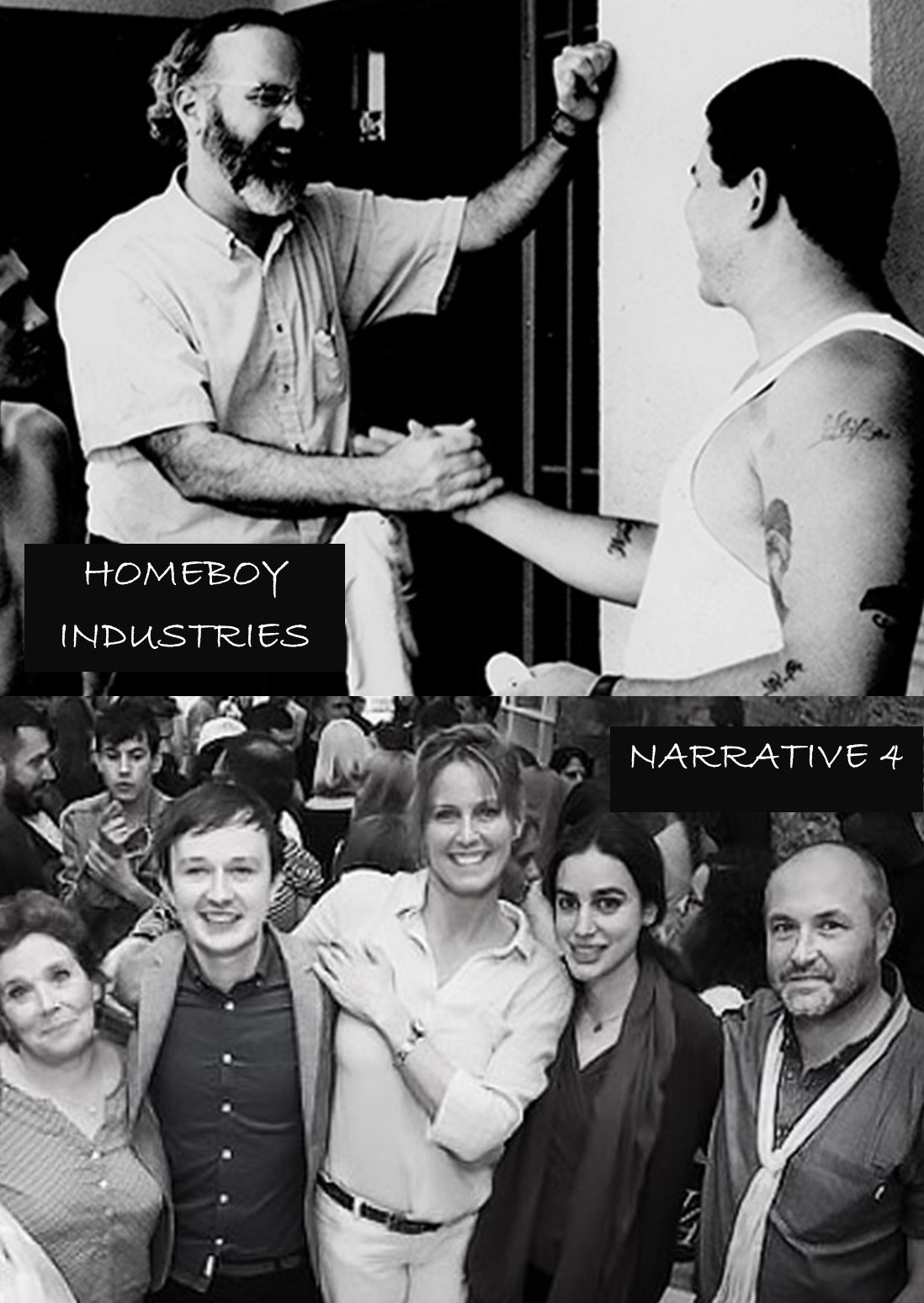
In this episode, we explore the hidden toll of activism and how we begin to build something more sustainable. Through conversations with peacebuilding chaplain and mediator Michaela Ledesma and artist-activist Jacob Lefton, this series examines how burnout shows up, why it happens, and what it might look like to recover, or prevent it entirely.

On this edition of Peace Talks Radio, we explore the issue of overtourism. Destinations around the globe are facing the impact of tourism on local residents, cultures, economies, and the environment. How can we ensure this impact is a positive one, and minimize the conflict and harm that our travel can cause? Correspondent Michelle Aslam speaks with tourism experts on how our travel can be a source of conflict, and a tool for peace.

It's a compendium of highlights from just one season in the long-running, award-winning PEACE TALKS RADIO series. You'll hear clips from our series about "Bridging Political Divisions", as well as from our programs on "Solutions to Gun Violence", "Intergenerational Connection", "Healing through Psychedelics", "AI: Risks and Benefits for Peace", "When Digital Addiction Threatens Family Peace", and more.

In this program, correspondent Julia Joubert, looks at how digital addiction is affecting communication between parents and teens, and together with her guests, discusses ways to help families strengthen their relationships in a world where constant connectivity is the norm.

On this episode of Peace Talks Radio, we hear the story about a couple who made the difficult decision to leave a place that was not safe, what it took to make it, and how they are settling into their new life.

On this edition of Peace Talks Radio, we profile three people who have made an outsized impact on peace.

On this edition of Peace Talks Radio, we explore the world of therapeutic psychedelic drugs. Danielle Preiss talks with three guests who provide different perspectives on the therapeutic uses of psychedelic drugs.

How do we build a world where AI is not a weapon of warfare, but a powerful tool for peace? On this episode of Peace Talks Radio, Correspondent Mary Steffenhagen speaks with Yeshi Milner, founder and CEO of Data for Black Lives, and Branka Panic, founding director of A.I. for Peace, to find out

In this edition of Peace Talks Radio, we explore the generational divide and what it could look like if we harnessed these differences instead of letting them divide us and how we can tap into the knowledge and resources from people of all ages to create effective and lasting positive change.

In this edition of Peace Talks Radio, correspondent Julia Joubert explores the contributors of negative body image and the rise of the slightly flawed body positivity movement in response to these standards. Guests Cate Navarrete, Kelvin Davis and Alishia McCullough join Julia to explore their own body image, how larger systems contribute to body dissatisfaction, the role that language plays and if the body positivity movement needs improving, how do we truly honor all bodies?

The United States has one of the highest rates of gun violence in the world – and in many recent years, gun violence has been the leading cause of death in the United States for children. On this Peace Talks Radio episode, correspondent Emily Cohen explores possible solutions to gun violence – speaking with people working to address this issue on the streets, in academia and in policy advocacy. Guests include Chico Tillmon (left) from the University of Chicago Crime Lab, and Nick Wilson, the director of gun violence policy at the Center for American Progress. We also hear excerpts from a podcast called "Streets, Beatz and Peace", co-hosted by Rodney Phillips & Billy Deal.

On this edition of Peace Talks Radio, producer Jessica Ticktin conducts an in-depth interview with Jay Rothman about his work in nonviolent conflict resolution and peacemaking on global, national and local levels. On the second half of the program, a conversation with two community members in Yellow Springs, Ohio - a town deeply divided over a school levy issue to discuss the peacemaking tools that helped them come to a resolution and find a way forward.

On this edition of Peace Talks Radio, we explore the peacemaking work of Father Greg Boyle, a Jesuit priest in Los Angeles who founded Homeboy Industries to help rehabilitate former gang members. On the second half of the program, producer Megan Kamerick talks with the founders of Narrative 4, an organization that uses storytelling in classrooms to help young people connect with each other across cultural, racial and geographic divides.